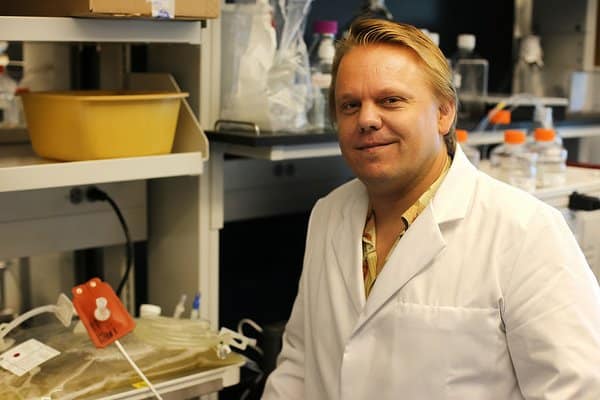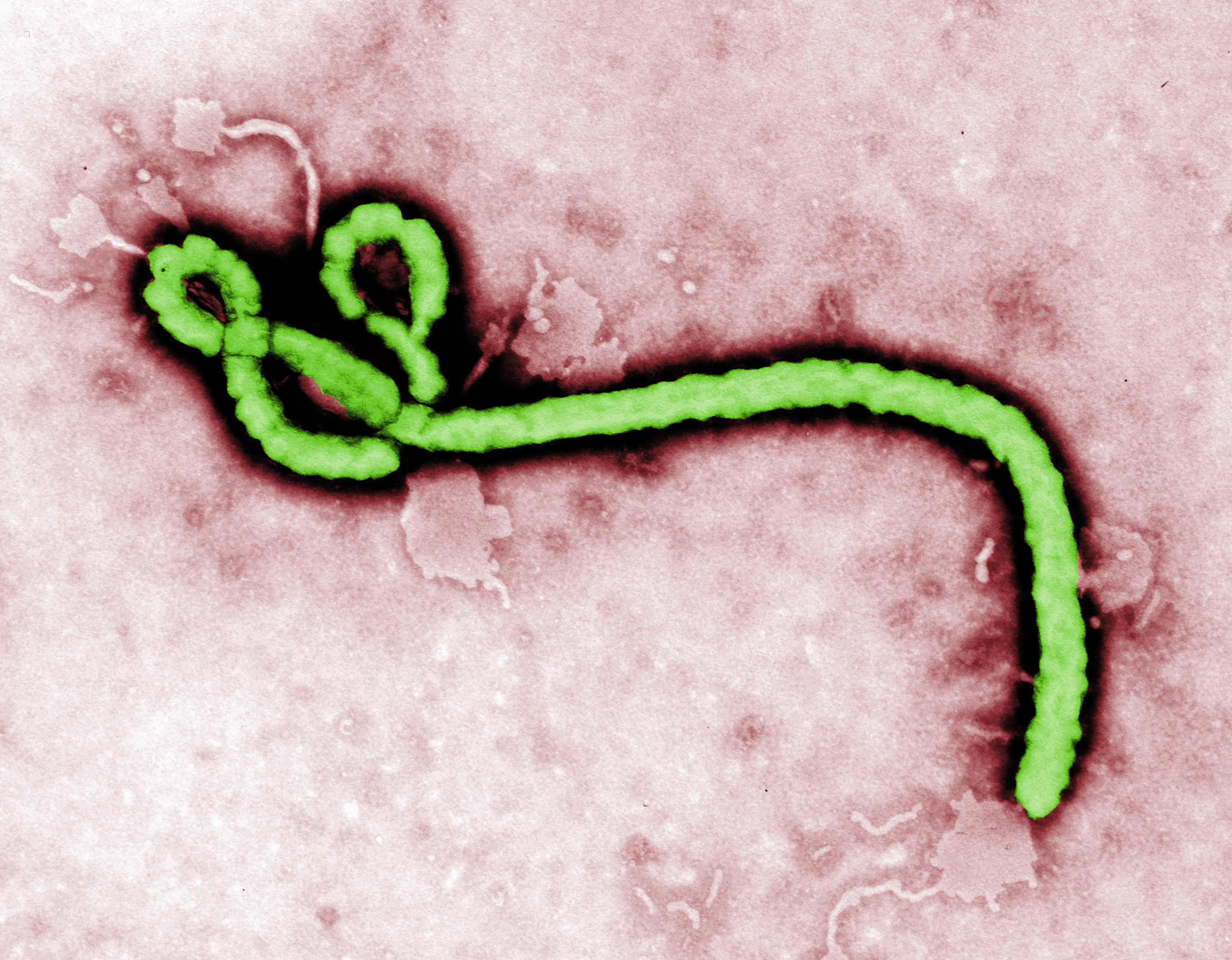Researcher Awarded $6M For Trivalent Ebola Vaccine
For more than a decade now, University of Hawaii-medical school professor, Dr. Axel Lehrer, PhD, and his ten-member team have been testing vaccines to stop the deadly ebola virus and its related cousins.

Dr. Lehrer is coming closer to stopping the often fatal disease and will soon test an experimental ebola vaccine against other related viruses. And his research is sure to continue now with the $6.35 grant “to continue his work on a first-of-its-kind medication to fight the deadly ebola virus.”
The deadly Ebola virus first appeared in 1976, in an African village near the Ebola River, from which it derives its name. The virus is passed from person to person through bodily secretions. Dr. Lehrer says the mortality rate is between 40 to 90-percent.
The Ebola vaccine which UH has created is “heat stable,” which means it does not need refrigeration, and could be easily transported and stored in the hottest climates on Earth, including Africa, where the deadly virus has struck in the past. Expanding the heat-stable vaccine to work against all three of the related viruses (Ebola, Sudan and Marburg viruses) could
speed up the protection of health workers and others as soon as an outbreak occurs. This is because the first inoculations could occur even before public health experts know which exact type of hemorrhagic fever has struck.If things go as Dr. Lehrer hopes, there are two elements that will make his vaccine unique enough to even work on other types of similar viruses.
For one, it will be based on a protein. “Our protein, it just goes in, the body sees it, the body will make its response against it, and then hopefully you’re protected,” said Dr. Lehrer. “Our platform is based completely, it is just a protein, so there’s nothing that can really go wrong.”
Another quality that Dr. Lehrer hopes will make his vaccine special is that it will be heat stable. In fact, he’s already had success storing and testing powdered prototypes under simulated high temperatures, up to 105 degrees Fahrenheit, like those found in Africa.
“At that temperature, we were able, after three months, to still immunize mice,” Lehrer said. “It could potentially be in a powder form, a dry stable formulation that then can be shipped to where it is most needed.”
The U.H. medical school is partnering with two biomedical companies – Honolulu-based Hawaii Biotech, Inc. and New Jersey-based Soligenex, Inc. – to develop the potentially trivalent (works on all three viruses) vaccine.
Dr. Lehrer believes that when the new work funded by this grant is completed; the next step would be to obtain funding (perhaps a combination of public funding and corporate funding) to move the vaccine into a clinical trial. With funding, and the necessary drug regulatory approvals, he believes his heat-stable vaccine candidate could be ready to be on the market within five to ten years.
































